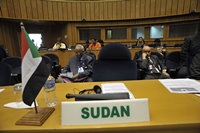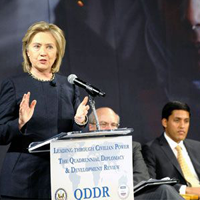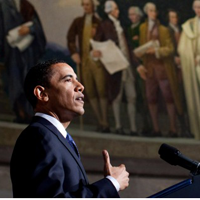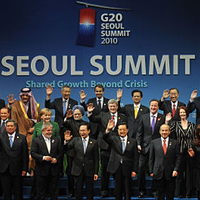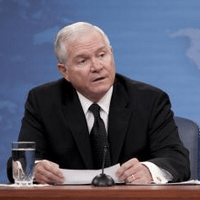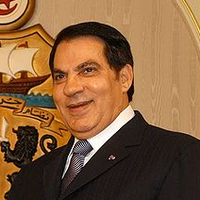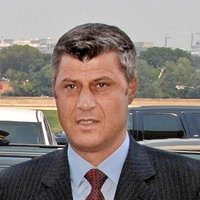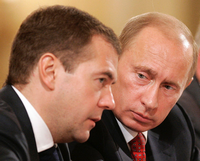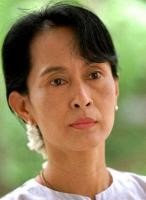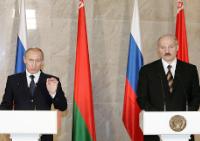
In the ongoing saga of Russian energy diplomacy — intimately tied to Moscow’s attempts to consolidate its influence in its “near abroad” — the Dec. 9 oil-trade agreement with Belarus goes down as an important marker of Russia’s reinvigorated authority in its immediate neighborhood. With President Viktor Yanukovych now exercising increasingly authoritarian control in Ukraine, and Belarus no longer flirting with the West, Moscow can safely assume that the two-decade era of Western institutions and influence expanding eastward has been put on hold indefinitely. This turning point is concurrent with a thawing of relations between Russia and many Western countries, […]


